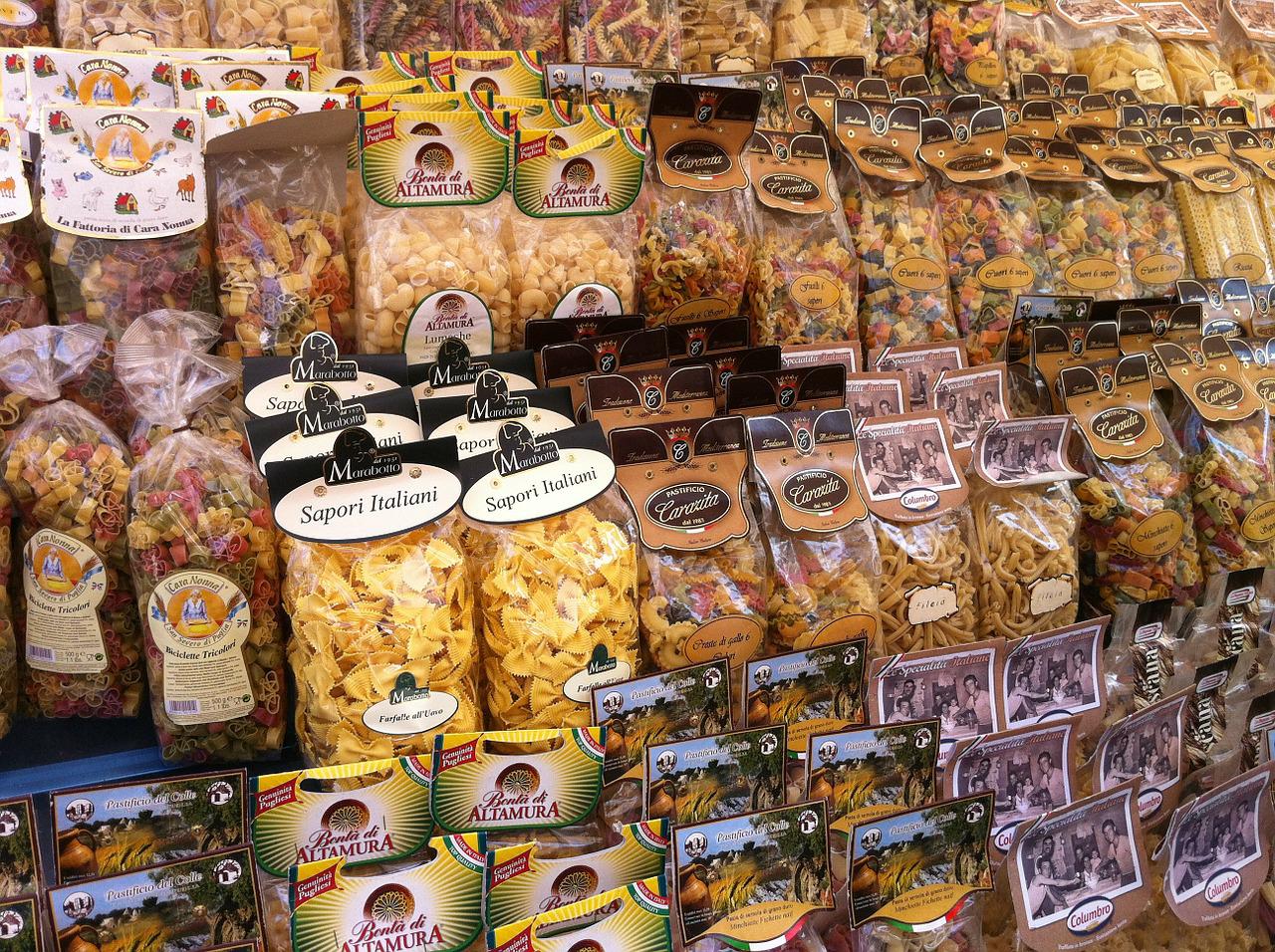The American press is full of news about the proposed 107% tariff on Italian pasta. Producers in Italy may halt exports according to The Wall Street Journal.
According to The Wall Street Journal, Italy’s major pasta producers are preparing to halt exports to the United States before the new duties take effect in January 2026.
The US government plans to impose an additional “anti-dumping” duty of 91.74% on 13 leading Italian pasta exporters, on top of the existing 15 per cent tariff on European agri-food products.
“No one has the profit margins to sustain these tariffs,” said Giuseppe Ferro, CEO of La Molisana, one of the companies affected. “It would be a real shame to have the market snatched from us for no real reason.”
Ferro told reporters last month that La Molisana was considering opening a production facility in the US, saying it would be “impossible for us to do business with 107% tariffs.”
The new measures follow a US Department of Commerce investigation which concluded that Italian producers such as La Molisana and Garofalo sold pasta at unfairly low prices between July 2023 and June 2024.
Italian firms deny the allegations and have criticised the findings. “This isn’t about dumping: it’s an excuse to block imports,” said Cosimo Rummo, CEO of Pasta Rummo, another company facing the new tariffs.
“No justification” for tariff says minister
Italy’s agriculture minister Francesco Lollobrigida has condemned the move, calling it a “hyper-protectionist mechanism” with “no justification.”
The United States is one of Italy’s most important pasta markets, accounting for nearly €671 million in exports in 2024, according to agricultural association Coldiretti. The group warned that the extra tariffs could deal a “fatal blow” to Italy’s pasta industry.
Coldiretti also said the measures would “double the cost of a plate of pasta for American families” and encourage the spread of “Italian-sounding” products made domestically or elsewhere.
Time magazine recently noted that Italian imports make up around 12% of the US pasta market. However, Barilla, Italy’s largest pasta producer, manufactures most of its pasta sold in the US locally and will not be affected by the new duties.
A spokesperson for the US Department of Commerce told the Washington Post that the new tariff rate remains “preliminary” and will be reviewed before it takes effect in January.





